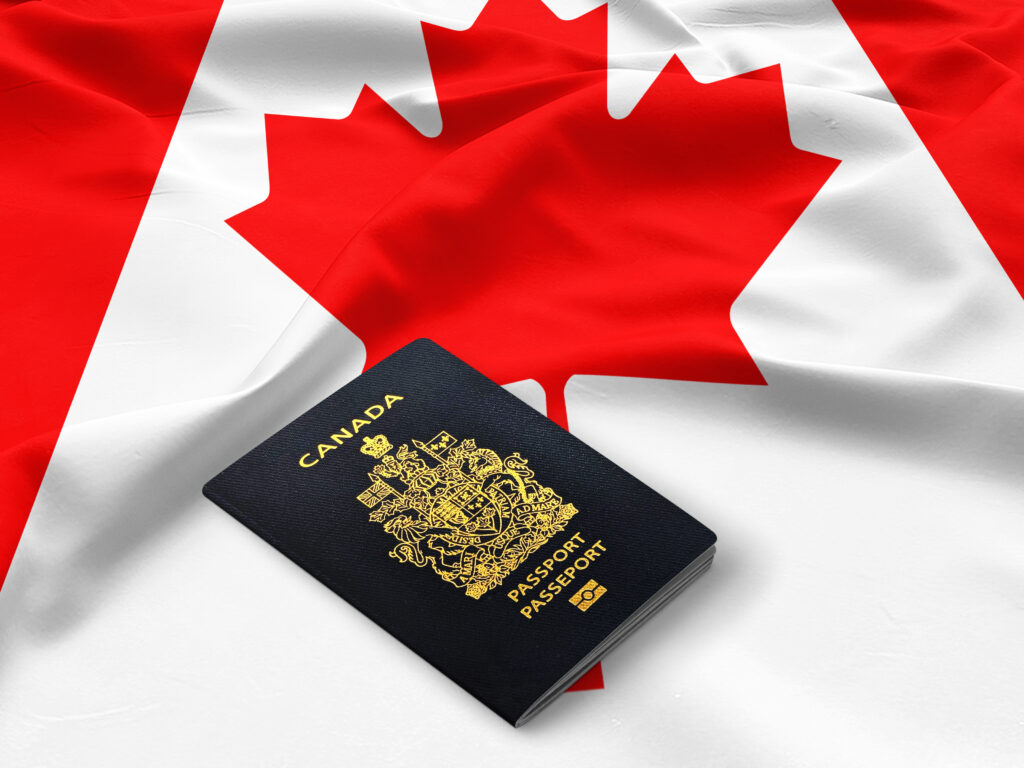
Immigration, Refugees and Citizenship Canada (IRCC) has seen notable changes in its processing times across various application types over the past year. Whether you’re applying for permanent residency, a work permit, or Canadian citizenship, understanding how timelines have shifted can help you better plan your immigration journey. Home – Parisa Erfani
In this blog post, we compare current IRCC processing times (as of mid-2025) with those from July 2024. We also highlight where processing has improved, where it’s slowed down, and what service standards IRCC uses to benchmark performance.
Permanent Residence Applications
Express Entry
Processing times for Express Entry programs have remained relatively stable:
| Application Type | Current Time | July 2024 Time |
|---|---|---|
| Canadian Experience Class | 5 months | 5 months |
| Federal Skilled Worker Program | 6 months | 5 months |
| Federal Skilled Trades Program | N/A* | N/A* |
*No published data due to limited applications.
IRCC service standard: 180 days.
Provincial Nominee Program (PNP)
Processing delays are more significant for PNP applicants:
| Application Type | Current Time | July 2024 Time |
|---|---|---|
| Express Entry-aligned (Enhanced) | 8 months | 6 months |
| Non-Express Entry (Base) | 19 months | 11 months |
Service standards:
- Enhanced PNP (electronic): 180 days
- Base PNP (online): 11 months
Atlantic Immigration Program (AIP)
| Current Time | July 2024 Time |
|---|---|
| 12 months | 7 months |
Note: No official service standard. Applicants can work during processing with an AIP-specific work permit valid for up to 2 years.
Family Sponsorship
Spousal Sponsorship
This category saw some of the most dramatic delays—especially for in-Canada class outside Quebec.
| Class & Location | Current Time | July 2024 Time |
|---|---|---|
| SCLPC – Outside Quebec | 34 months | 11 months |
| Family Class – Outside Quebec | 11 months | 10 months |
| SCLPC – In Quebec | 38 months | 28 months |
| Family Class – In Quebec | 37 months | 32 months |
Service standard: 12 months for overseas Family Class. No service standard for SCLPC.
Temporary Residence Applications
Visitor Visas – Outside Canada
| Country | Current Time | July 2024 Time |
|---|---|---|
| India | 28 days | 51 days |
| Pakistan | 36 days | 47 days |
| Nigeria | 56 days | 182 days |
| Philippines | 33 days | 27 days |
| United States | 21 days | 29 days |
Service standard: 14 days (outside Canada).
Visitor Visas – Inside Canada
| Current Time | July 2024 Time |
|---|---|
| 18 days | 25 days |
Visitor Records
| Current Time | July 2024 Time |
|---|---|
| 193 days | 108 days |
Note: Application must be submitted from within Canada.
Work Permits
Outside Canada
| Country | Current Time | July 2024 Time |
|---|---|---|
| India | 7 weeks | 19 weeks |
| Pakistan | 5 weeks | 24 weeks |
| Nigeria | 12 weeks | 14 weeks |
| Philippines | 6 weeks | 9 weeks |
| United States | 4 weeks | 18 weeks |
Inside Canada
| Current Time | July 2024 Time |
|---|---|
| 182 days | 109 days |
Service standards:
- Outside Canada: 60 days
- Inside Canada: 120 days
Study Permits
Outside Canada
| Country | Current Time | July 2024 Time |
|---|---|---|
| India | 3 weeks | 4 weeks |
| Pakistan | 11 weeks | 9 weeks |
| Nigeria | 5 weeks | 5 weeks |
| Philippines | 10 weeks | 8 weeks |
| United States | 7 weeks | 9 weeks |
Inside Canada
| Current Time | July 2024 Time |
|---|---|
| 12 weeks | 10 weeks |
Service standards:
- Inside Canada: 120 days
- Outside Canada: 60 days
Study Permit Extensions
| Current Time | July 2024 Time |
|---|---|
| 180 days | 58 days |
Canadian Citizenship
Citizenship Grants
| Current Time | July 2024 Time |
|---|---|
| 10 months | 7 months |
Service standard: 12 months (global).
Citizenship Certificates (Proof of Citizenship)
| Current Time | July 2024 Time |
|---|---|
| 5 months | 3 months |
Applicants outside Canada/US should expect an additional 3–4 months.
ChatGPT said:
Processing Times vs. Service Standards – What’s the Difference?
While often used interchangeably, processing times and service standards refer to two different aspects of how Immigration, Refugees and Citizenship Canada (IRCC) manages applications.
Processing Times
Processing times are estimates of how long an average applicant can expect to wait from the moment their application is received by IRCC until a decision is made. These timeframes are based on actual data, including current application volumes and historical trends.
It’s important to note that these figures are only approximations—some applications may be finalized sooner, while others may take longer. IRCC updates these timelines regularly (weekly or monthly, depending on the program) to reflect real-time operational conditions.
Various factors can influence processing times, such as:
- Number of incoming applications
- Backlogs in the system
- Changes in procedures or policies
IRCC officially begins processing an application on the date it is received.
Service Standards
Service standards, on the other hand, are IRCC’s internal performance targets. These benchmarks outline the department’s goal for how quickly applications should be processed under normal conditions.
For most application types, IRCC strives to finalize 80% of cases within the service standard timeframe. However, about 20% may take longer due to additional complexities or unique circumstances.
It’s essential to understand that service standards are not promises or guarantees—they serve as targets for efficient processing.
How do IRCC’s current processing times compare to July 2024? | CIC News
